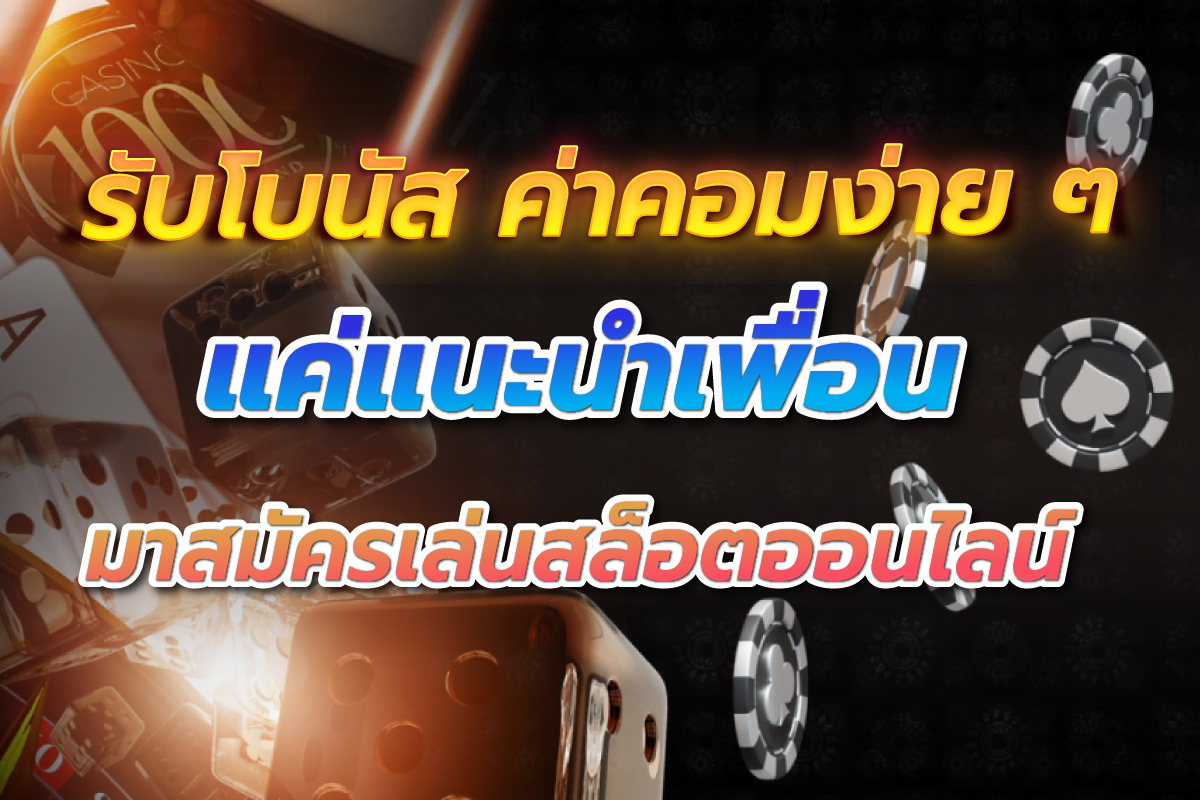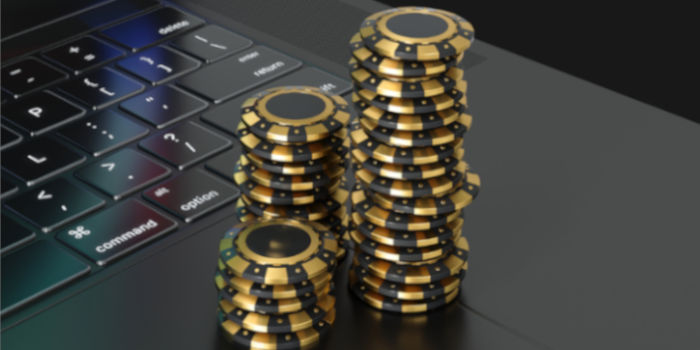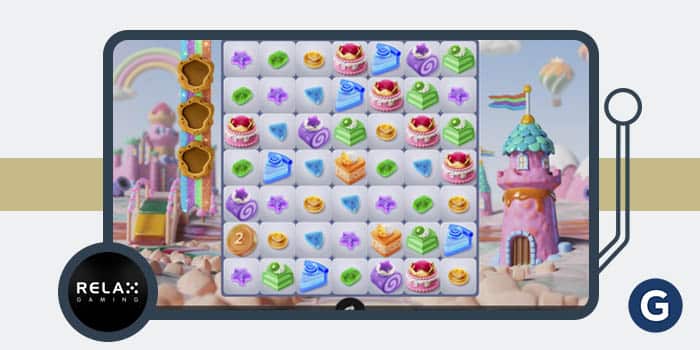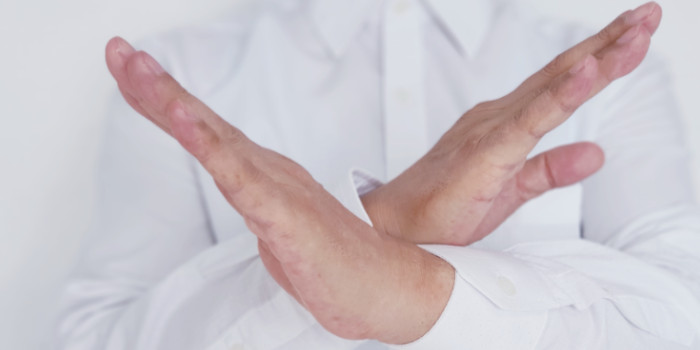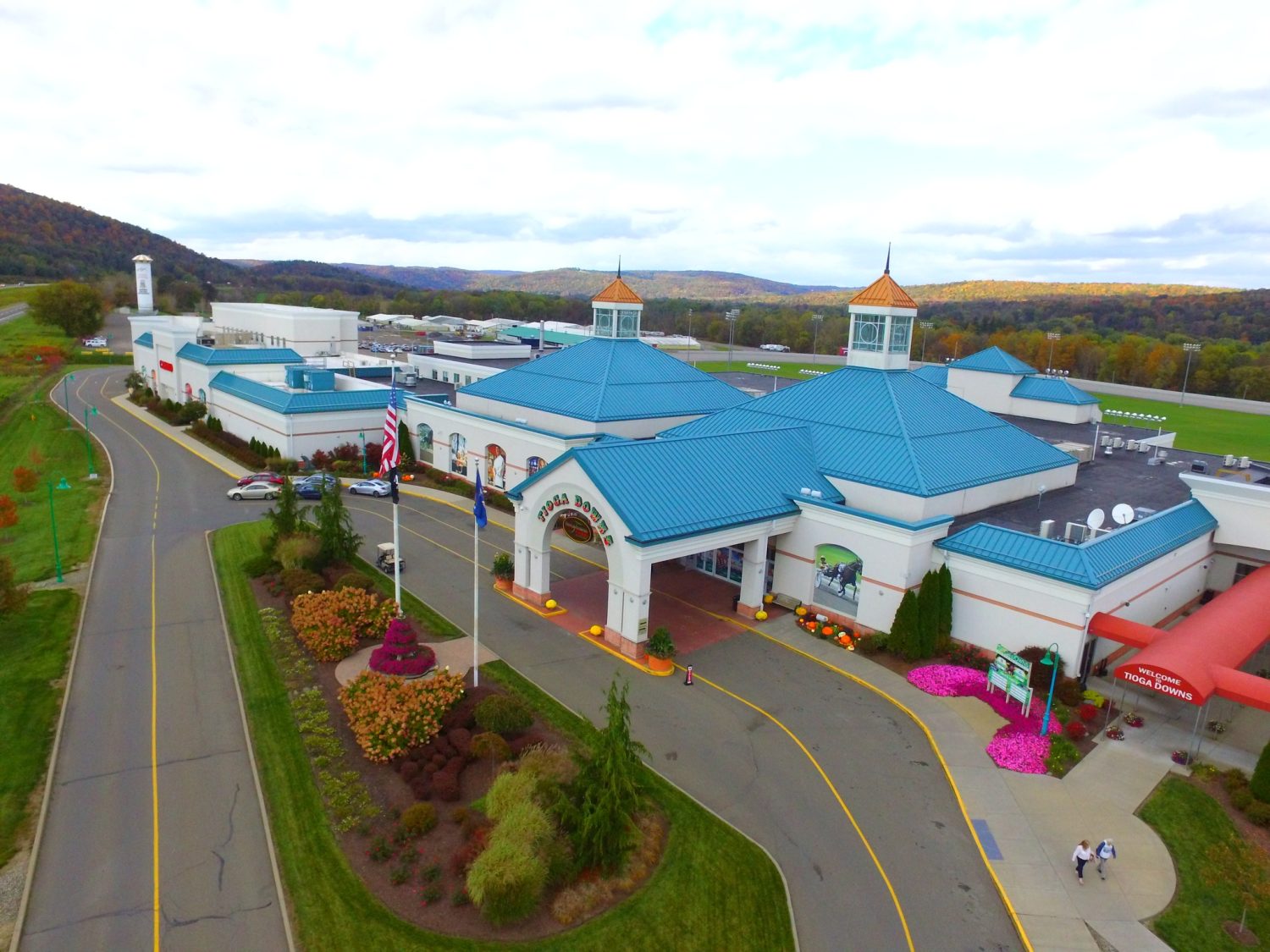ขั้นสุดของคาสิโนออนไลน์ เล่นกี่ครั้งก็ฟิน mgm99win เท่านั้น
คาสิโน mgm99win เป็นยอดเยี่ยมคาสิโนออนไลน์สำหรับผู้เล่น ที่แสวงหาประสบการณ์การเล่น เกมที่มีคุณภาพสูงสุด ด้วยเกมที่น่าตื่นเต้นแล้วก็ข้อแนะนำโบนัส และรางวัลมากมาย ตัวเลือกที่สมบูรณ์แบบสำหรับนักเล่นเกมทุกคน คาสิโนเป็นที่รู้จักในด้านการเลือกเกม ซึ่งรวมทั้งสล็อต รูเล็ต แบล็กแจ็ก บาคาร่า แล้วก็อีกมากมาย ด้วยซอฟต์แวร์ที่ปลอดภัย รวมทั้งการจ่ายเงินสูง ผู้เล่นก็เลยเชื่อมั่นได้ถึงการเล่นเกม ที่ปลอดภัยและสนุกสนาน
ไม่ว่าผู้เล่นจะเล่นกี่ครั้ง พวกเขาจะต้องถูกใจกับเพราะเหตุว่าคาสิโนยินดี สำหรับเพื่อการมอบประสบการณ์ การเล่นเกมที่ดีเยี่ยมที่สุด ด้วยทีมบริการลูกค้า ที่ช่ำชองมุ่งมั่นที่จะสร้าง ประสบการณ์การเล่นเกม ที่ดีเยี่ยมที่สุดเท่าที่จะเป็นไปได้ ยอดเยี่ยมประสบการณ์ คาสิโนออนไลน์
มอบประสบการณ์การเดิมพันชั้นยอดเยี่ยมแก่ผู้เล่น ด้วยเกมที่เป็นนวัตกรรมใหม่ ซอฟต์แวร์ที่ใช้งานง่าย รวมทั้งบริการทางการเงินที่ปลอดภัย ไม่ว่าคุณจะเป็นมือใหม่ หรือนักการพนันที่มีประสบการณ์ คุณสามารถไว้ใจ ให้ประสบการณ์ที่บันเทิงใจ รวมทั้งคุ้มค่าแก่คุณได้ เกมทุกเกมได้รับ การออกแบบมา เพื่อให้สภาพแวดล้อมที่สมจริงสมจัง และก็น่าตื่นตาตื่นใจด้วยกราฟิกที่น่าทึ่ง
การเล่นเกมที่ราบรื่น รวมทั้งอินเทอร์เฟซผู้ใช้ที่ใช้งานง่าย ตั้งใจที่จะหาสภาพแวดล้อมที่ปลอดภัย และได้รับการควบคุม เพื่อให้แน่ใจว่าผู้เล่นทุกคนไม่มีอันตราย รวมทั้งได้รับการคุ้มครอง ด้วยเกมและบริการที่หลากหลาย คุณสามารถวางใจได้ว่จะให้ความบันเทิง แก่คุณหลายชั่วโมง ไม่ว่าคุณจะเล่นกี่ครั้งก็ตาม คุณจะเชื่อมั่นได้ว่า คุณจะพึงพอใจทุกคราว
ฝาก-ถอนง่าย ระบบทันสมัย คาสิโน mgm99win
ฝาก-ถอนง่าย ระบบนำสมัย mgm99win คือระบบที่ทันสมัย ไว้ใจได้และก็ไม่มีอันตราย สำหรับในการฝากและก็ถอนเงินที่ง่ายดาย แพลตฟอร์มนี้ ได้รับการออกแบบมา เพื่อผู้ใช้ได้รับประสบการณ์ ที่ราบรื่นและไม่ยุ่งยากมากที่สุด เท่าที่จะเป็นไปได้ ในตอนที่ยังคงรักษาความปลอดภัย รวมทั้งความน่าไว้วางใจในขั้นสูง
อินเทอร์เฟซที่เป็นมิตร กับผู้ใช้นั้นใช้งานง่าย รวมทั้งช่วยให้ผู้ใช้สามารถฝาก หรือถอนเงินได้ ในไม่กี่ขั้นตอน แพลตฟอร์มนี้ยังมีวิธีการจ่ายเงินที่หลากหลาย เพื่อให้แน่ใจว่าผู้ใช้สามารถเข้าถึงเงินได้อย่างรวดเร็วทันใจ และไม่มีปัญหาใดๆ นอกเหนือจากนั้นทีมบริการลูกค้า พร้อมเสมอที่จะช่วยเหลือผู้ใช้ เมื่อมีคำถามหรือปัญหาอะไรก็แล้วแต่ เสนอระบบที่นำสมัย ฝาก-ถอนง่าย ซึ่งออกแบบมาเพื่อการทำธุรกรรมที่ปลอดภัย และเร็วทันใจ
ระบบใช้เทคโนโลยีขั้นสูง ในการเข้ารหัสข้อมูล และก็ปกป้องบัญชีผู้ใช้ ทำให้มั่นใจได้ว่า เงินทั้งหมดจะถูกเก็บไว้อย่างปลอดภัย การถอนเงินนั้นตรงไปตรงมา และก็เสร็จสิ้นภายในเวลาไม่กี่นาที ในเวลาที่การฝากเงิน สามารถทำได้อย่างรวดเร็ว และก็ไม่มีอันตราย ด้วยแนวทางจ่ายเงินที่หลากหลาย นอกเหนือจากนี้ ลูกค้ายังมีระบบสนับสนุน ที่ครอบคลุมเพื่อช่วยตอบคำถามหรือปัญหาที่อาจมี
นอกเหนือจากนี้ เว็บไซต์ยังมีระบบติดตามระดับสูง สำหรับลูกค้าสำหรับการตรวจดูการฝาก และถอนเงิน ระบบการฝาก-ถอนที่ง่ายดาย ของโซลูชั่นที่ไว้ใจได้ ปลอดภัย รวมทั้งทันสมัย สำหรับลูกค้าที่ต้องการธุรกรรมทางการเงิน ที่เร็วทันใจและก็ไม่เป็นอันตราย
ทางเข้าเล่นสล็อตออนไลน์ 24 ชั่วโมงmgm99win
การเข้าเล่นสล็อตออนไลน์ตลอด 24 ชั่วโมงที่ mgm99win มอบโอกาสอันล้ำค่าให้กับผู้เล่น แพลตฟอร์มนี้นำเสนอเกมที่โดดเด่นจากผู้ให้บริการชั้นหนึ่งของโลก เพื่อให้มั่นใจว่าแต่ละคน สามารถเข้าถึง ประสบการณ์ การเล่นที่เหนือกว่า ยิ่งไปกว่านั้น ยังเสนอโซลูชั่นการธนาคารที่ปลอดภัย โบนัสรวมทั้งโปรโมชั่นมากมาย และการผลักดันลูกค้าที่ยอดเยี่ยม ผู้เล่นสามารถเพลินกับเกมสล็อต ที่หลากหลาย รวมทั้งแจ็คพอตคลาสสิก วิดีโอ แล้วก็โปรเกรสซีฟ
โดยสามารถเข้าถึงเกมได้ทุกเมื่อ ที่ต้องการผู้เล่นสามารถเข้าถึง ประสบการณ์การเล่นเกมออนไลน์ ที่น่าเร้าใจและก็ไม่มีอันตราย ได้ตลอดเวลาทั้งกลางวัน และกลางคืนให้คุณเล่นสล็อตออนไลน์ได้ตลอด 24 ชั่วโมง ผู้เล่นสามารถเพลิดเพลินกับสล็อตที่ได้รับความนิยมที่หลากหลาย รวมทั้งเกมคลาสสิก เกมวิดีโอ เกมโปรเกรสซีฟ รวมทั้งเกมโบนัส เกมทั้งหมดได้รับการปรับ ให้เหมาะกับการใช้งาน บนเดสก์ท็อป มือถือ และแท็บเล็ต ผู้เล่นสามารถ ใช้ประโยชน์จากตัวเลือกการธนาคารที่สะดวก
รวมถึง e-wallets บัตรเดบิตและบัตรเครดิต แล้วก็การโอนเงิน ผ่านธนาคารยังมีโปรโมชั่น รวมทั้งโบนัสมากมาย เพื่อเพิ่มโอกาสสำหรับในการชนะรางวัลใหญ่ พวกเขายังมีทีมบริการลูกค้า ที่มีประสบการณ์รอให้บริการตลอด 24 ชั่วโมง เพื่อช่วยเหลือลูกค้าสำหรับในการสอบถามหรือปัญหาใดๆก็ตาม ผู้เล่นได้โอกาสที่จะเพลินใจไปกับความตื่นเต้น ของสล็อตออนไลน์ได้ทุกที่ทุกเวลา
ขั้นตอนการสมัครสมาชิกmgm99win
ขั้นตอนการเป็นสมาชิกของ mgm99win นั้นง่ายแล้วก็ไม่มีอันตราย โดยจะเริ่มด้วยการลงทะเบียนรายละเอียดส่วนตัว ได้แก่ ชื่อ ที่อยู่อีเมล เบอร์ติดต่อ และที่อยู่ หลังจากการสมัครสมาชิก รหัสยืนยัน จะถูกส่งไปยังที่อยู่อีเมล ที่ให้ไว้ เมื่อป้อนรหัสแล้ว บัญชีทั้งหมดจะถูกสร้างขึ้น รวมทั้งพร้อมใช้งาน แล้วต่อจากนั้นผู้ใช้สามารถ ใช้ประโยชน์จากคุณสมบัติ ทั้งหมดที่มีให้ อาทิเช่น ห้องเกมแบบโต้ตอบ และก็โปรโมชั่น และก็โบนัสที่มี ให้เลือกมากมาย
ด้วยฟีเจอร์และโปรโมชันใหม่ ๆ ที่เพิ่มเข้ามาอย่างสม่ำเสมอ ผู้ใช้สามารถตั้งหน้าตั้งตาคอย ประสบการณ์ที่ดียิ่งขึ้นสำหรับการเข้าชมแต่ละครั้ง ด้วยแนวทางการเป็นสมาชิก ผู้ใช้สามารถเชื่อมั่นได้ถึง ประสบการณ์ที่ปลอดภัย รวมทั้งเป็นมิตร กับผู้ใช้ตรงไปตรงมา การสมัครสมาชิกกับเป็นแนวทางที่ดี ในการเข้าถึงเกมคาสิโนออนไลน์ และการเดิมพันกีฬา ที่มีคุณภาพ
สมาชิกใหม่ทั้งหมดจะต้องกำหนด ที่อยู่อีเมลที่ถูกต้อง แล้วก็เลือกรหัสผ่าน ที่ปลอดภัย เพื่อดำเนินการลงทะเบียนให้เสร็จสมบูรณ์ เมื่อสมัครสมาชิกแล้ว สมาชิกสามารถ ใช้ประโยชน์จากสิทธิ ประโยชน์มากมายที่เกี่ยวกับรวมทั้งโปรโมชั่นพิเศษ รวมทั้งโบนัส ขั้นตอนการเป็นสมาชิก ได้รับการออกแบบมา เพื่อให้เกิดความปลอดภัยแล้วก็เชื่อมั่นได้ว่า ข้อมูลเฉพาะบุคคลทั้งหมด จะถูกเก็บไว้เป็นส่วนตัว ผู้เล่นสามารถเล่น ได้อย่างมั่นใจว่าข้อมูลของตนเองไม่มีอันตราย





